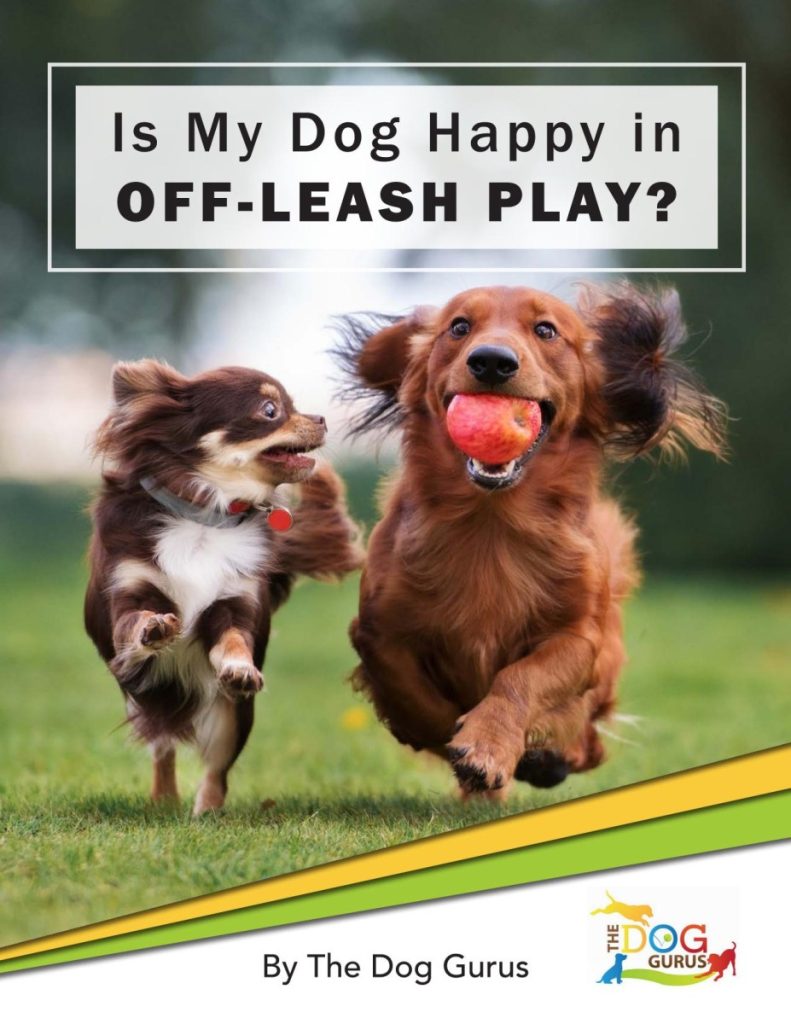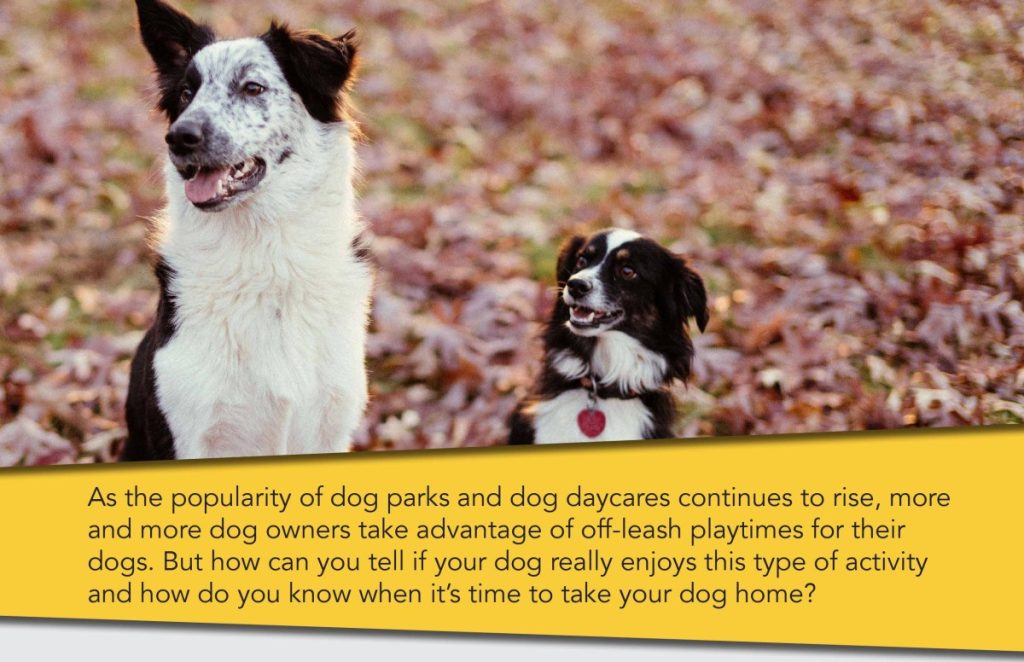
Here are a few things to consider when your dog is in an off-leash play environment:
1) How old is your dog?
Young puppies and older dogs should be given special consideration in this area. It’s extremely important for a puppy under 5 months of age to have only positive interactions with other dogs. If you aren’t sure that the dogs in the off-leash environment are patient and gentle with puppies, then it may be best to arrange smaller, private groups for your dog. Generally speaking, dogs over 5-6 years of age will have a shorter tolerance level for off-leash play with other dogs. This is true even if your dog grew up playing in dog parks and attending daycare. This doesn’t mean that older dogs shouldn’t play off-leash with other dogs, but it does mean that shorter periods of play may be more fun for your older dog. If your dog (of any age) attends a dog daycare, make sure he gets some down time where other dogs allow him to rest or he is separated so he can sleep.
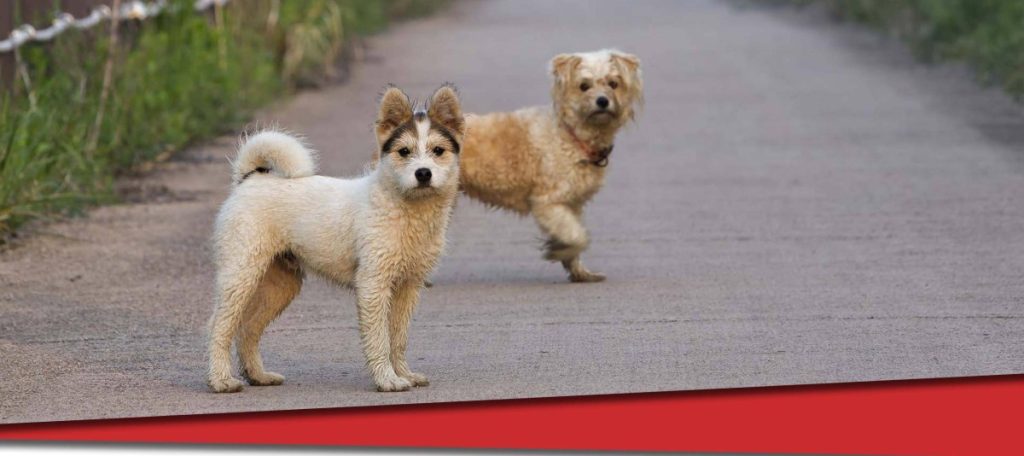
2) Would your dog rather be with people or with other dogs?
Sometimes the fun of the off-leash dog park is that your dog can play with you or other human visitors. If your dog tends to follow you around, bring you the ball, or stay close to your side the whole time, he may be saying he prefers you to other dogs. If that’s the case, then take your dog to the park when there aren’t many other dogs around or spend time playing with your dog one-on-one rather than taking him to the dog park. Do what is more fun for your dog.
3) Is your dog’s body loose and relaxed?
As your dog plays with other dogs, his body should remain loose, curvy and relaxed. If you see frequent stiffening, straightened legs, frozen postures, tail tucking, or lowering the body to the ground, this means your dog is nervous or overwhelmed.
4) Does your dog try to hide?
If your dog seems to cower, tries to hide behind you, or attempts to crawl under a chair, bench, or table, then he is probably not enjoying the interactions. This might mean he doesn’t like off-leash play or perhaps it
just means there is a bully in the group that he wants to avoid. Either way, your dog isn’t having fun and would probably like to leave.
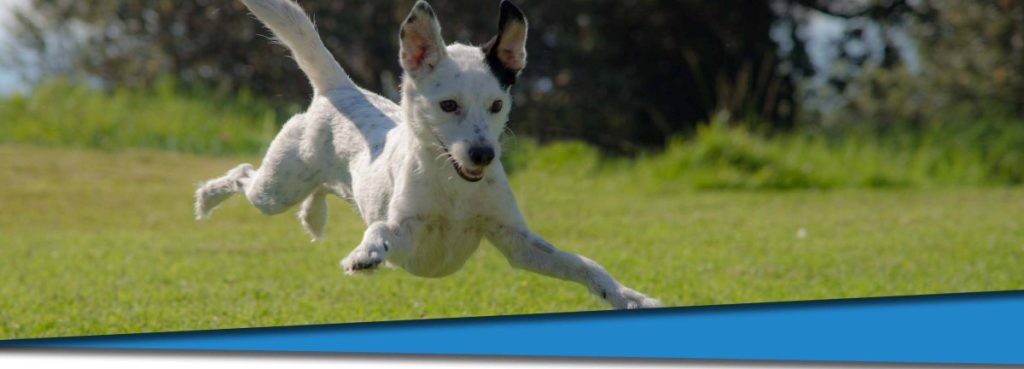
5) Does your dog jump on you, other people, or the gate?
When dogs are asking for help, they will often panic and leap at their owners or other people to get attention. (I’m not just talking about dogs who have poor greeting behaviors and jump when they meet someone new.) This behavior in an off-leash setting often presents itself outside a greeting ritual. If you are watching your dog and he repeatedly jumps up at you, it might be his way of saying, “HELP!” If you ignore pleas for help, some dogs will run to the gate and jump on the door to get out. If you see these signs, listen to your dog and take him home.
6) Does your dog take turns during play?
Good play behavior consists of give and take. Sometimes your dog will chase and sometimes he will be chased. Sometimes your dog will roll on the ground under another dog and other times your dog will be on the top. If your dog isn’t taking turns, particularly if he is consistently pinned on the ground by another dog, he probably isn’t having fun. Watch for breaks in the action from time to time. It is time to leave if a dog is constantly chased, rolled over, or pinned to the ground with no breaks in the action.
7) Is your dog pacing or spinning?
When your dog plays, does he interact with other dogs and enjoy romping around with them? Or does he choose to walk in the same pattern over and over? Give your dog a break if he is engaging in any repetitive sequence of behavior (such as pacing or spinning).
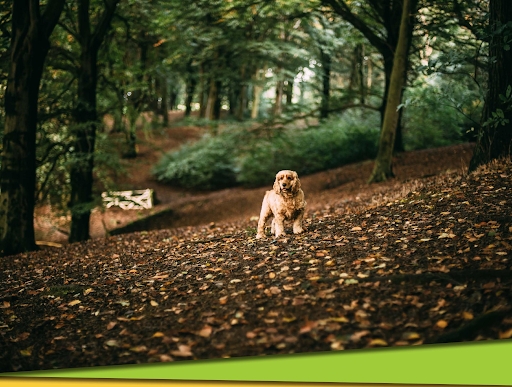
Don’t be fooled into thinking your dog loves every other dog he meets. Some dogs love off-leash play, but others prefer a more quiet outdoor adventure. Take a close look at your dog and honestly answer some of these questions to determine if off-leash play is the best activity for your pet.
For your best resources on off-leash dog play, visit The Dog Gurus at www.thedoggurus.com and join Robin Bennett and Susan Briggs in making off-leash play a safe place for all dogs!
